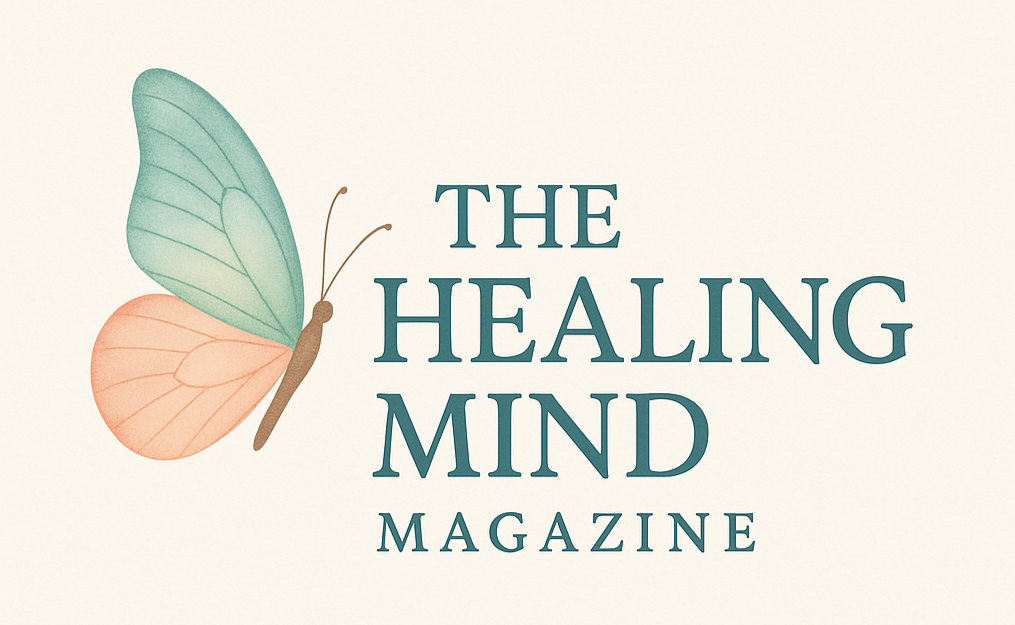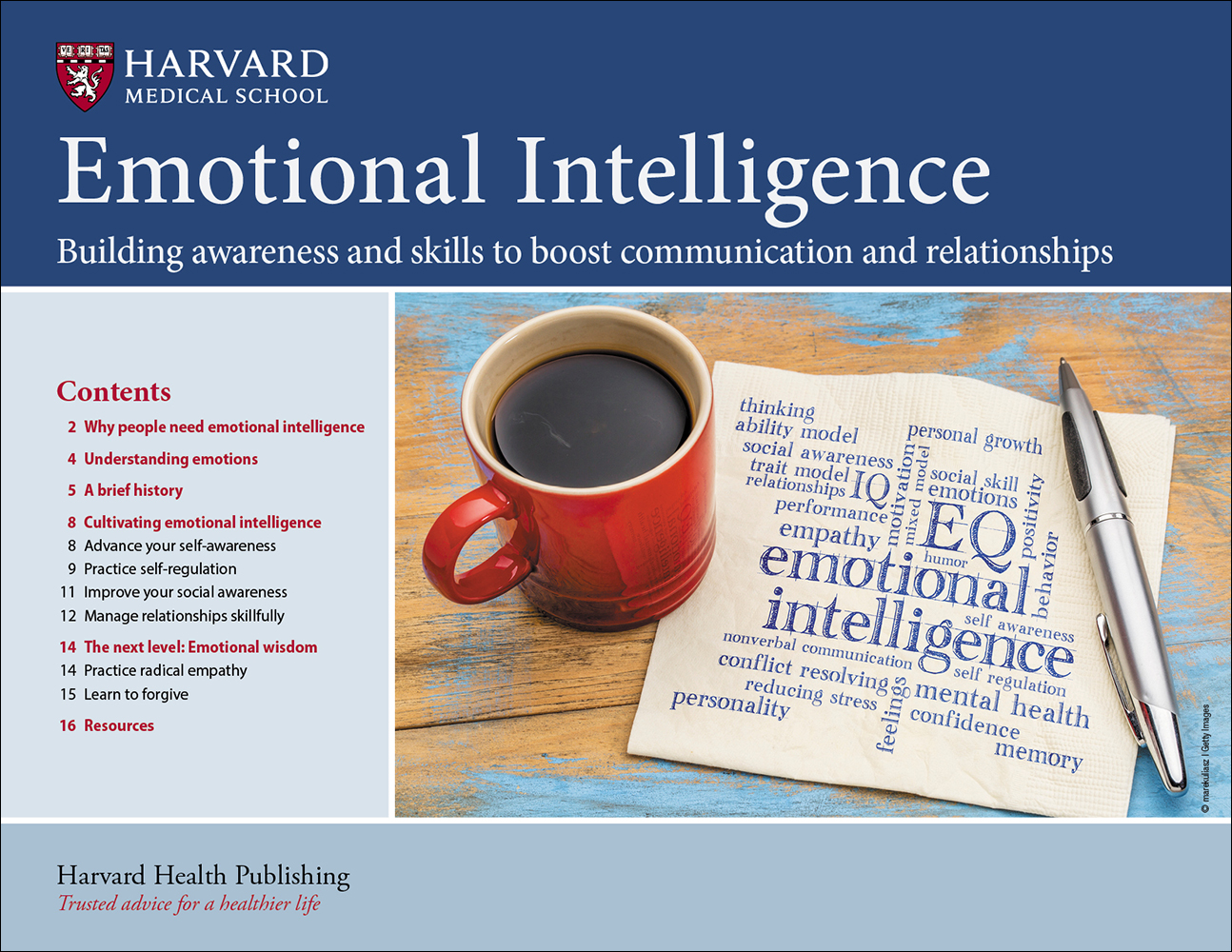Broaden Your Self-AwarenessOf course, this is a topic I support and live with as well. I was pleasantly surprised to find an article from Harvard Medical School on the subject and like to share it with you below: Self-awareness—being in tune with your emotions—may sound fairly straightforward and simple. But people tend to overestimate their level of self-awareness. Of course, we’re all deeply emotional beings. Even if you think you’re in touch with your emotions—perhaps you’re someone who cries or laughs easily—you may not recognize the full spectrum of all your feelings without digging a little deeper. Becoming more self-aware is one of the benefits of mindfulness—the practice of focusing on the here and now and accepting whatever arises in our awareness without judgment. For a practice that focuses specifically on emotions, try the following exercise:
Increasing your awareness of these bodily sensations is fundamental to becoming more emotionally intelligent. When we examine our emotions carefully, we see that they consist of a bodily sensation accompanied by a thought, an image, or both. The more clearly we can recognize emotions in our bodies, the more clearly we know when a feeling is arising within us. Sensations can serve as an “early warning signal” for problematic or negative emotions that you might not want to act on automatically. For instance, imagine your spouse or partner saying something that upsets you in front of your close friends. Take a moment to feel the sensations of anger in your body, but don’t react or say anything right away. Wait a few moments until you can think clearly before responding. Another helpful practice is to keep a journal, taking special care to write down how specific events or personal interactions you had during the day made you feel. Talking with trusted friends, family members, or a therapist can also help you explore your emotions. For more information on building your awareness and skills to boost communication and relationships, check out the Harvard Medical School guide Emotional Intelligence. |

Lilly Botto -Writer -” House & Garden” Category








